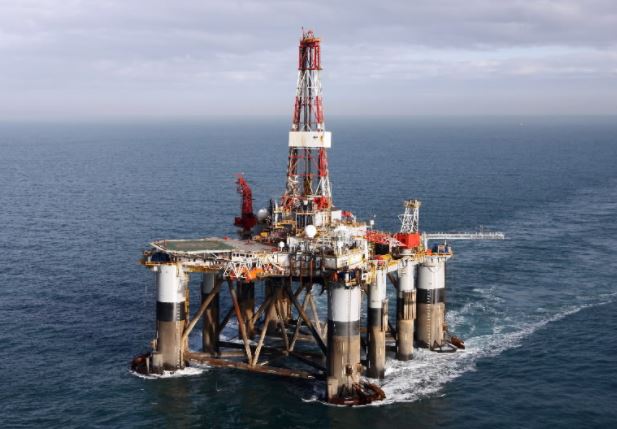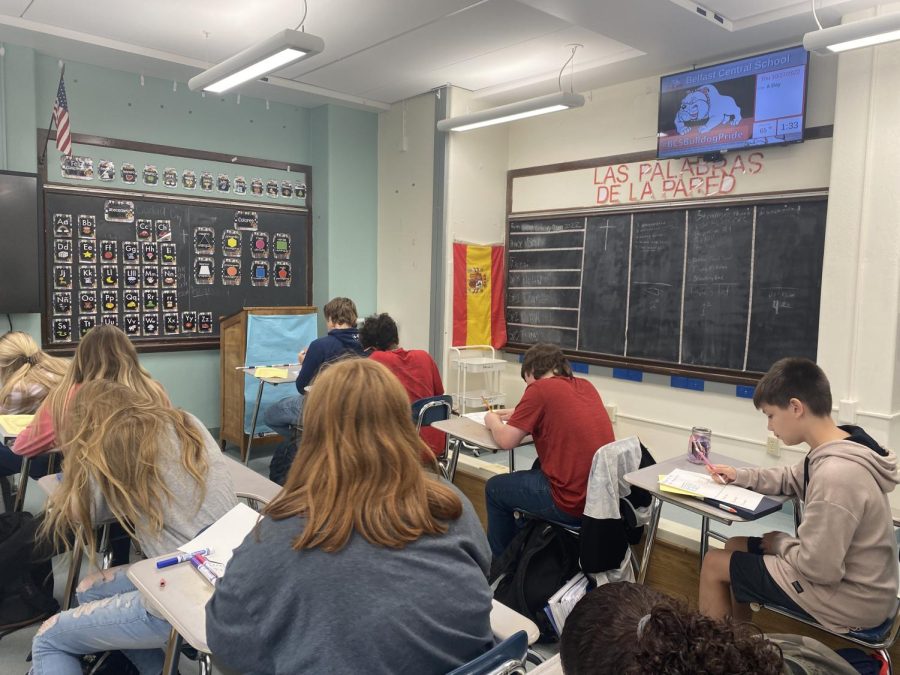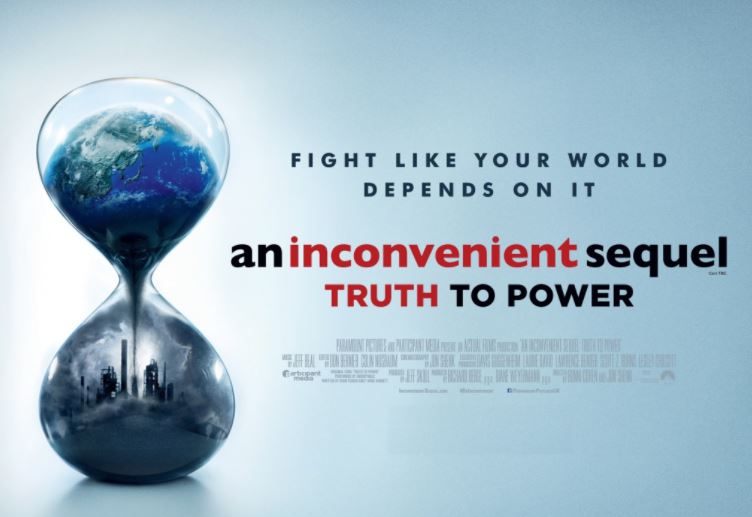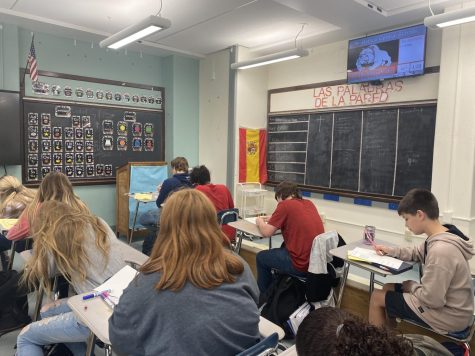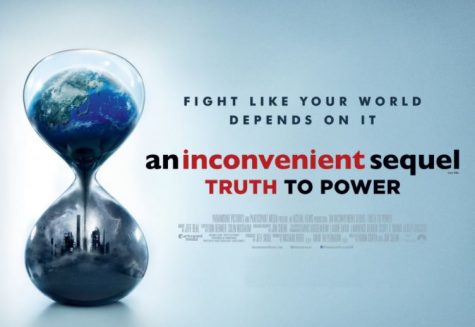Offshore Drilling
June 2, 2017
Offshore drilling is one of the most debated topics in the nation today. Offshore drilling is is a mechanical process where a wellbore is drilled below the seabed, It is carried out in order to explore and extract oil, which lies in rock formations beneath the seabed. These oil platforms can usually be seen from the coast and are only a few miles out, and they use drills to dig for oil and extract the oil from the sea bed. This topic is widely argued because of the environmental hazards these oil platforms can pose. If one of these pipes were to burst, millions of gallons of oil could flow out into the open ocean in a matter of minutes. We’ve seen this in the Gulf of Mexico only a few years ago when the clean up took months and cost millions of dollars and killed vast amounts of marine life(Offshore drilling wiki). But this is a risk we as humans have to take: if we don’t, gas and oil prices will again skyrocket to numbers that middle and lower class citizens can not afford.
I am for offshore drilling. This is a process that can be dangerous, but is not as bad as some people think. According to ocena.com. The threats of offshore drilling begin far before a oil rig is even put in the water. One of these threats include Obama administration approving the use of “seismic airguns” that make dynamite blasts underwater in search of oil deposits. Offshore oil and gas development supports 1.4 million jobs and over $95 billion dollars in revenue that would be lost if these processes are stopped(EIA.com). Right now, there are almost 4000 oil rigs producing barrels of oil, almost 1.5 million per day, even though the USA consumes about 19 million barrels per day (eia.gov). Overall, we need to expand on these drills to deeper ocean.
For the sake of the other side of this argument, there is a lot of information to oppose offshore drilling. One of the main reasons is that we simply don’t have enough oil. According to americanprogress.com, we have about 2% of the world’s known oil reserves, so even if we drilled everywhere we possibly could in our nation, we still wouldn’t be able to produce nearly enough oil to meet demands. Right now, there are about 4,000 undeveloped leases in the Gulf of Mexico, so that is land that companies can purchase their own part of the gulf. The government also has 44 million acres of land waiting to be sold, so why open more areas when these can be used? Some people also think that drilling distracts from the real issue, like finding solutions to both short and long term energy crisis programs.
Over 4000 oil platforms drilling on the coasts of the United States, so the government needs to decide whether or not to dispose of these or build more and use the oil pockets that our underneath the seabed. I think we should be using these pockets of resources to our advantage.
Works Cited
“Offshore Drilling.” Opposing Viewpoints Online Collection, Gale, 2015. Opposing Viewpoints in Context, Accessed 30 May 2017.
“Ten Reasons Not to Expand Offshore Drilling.” Center for American Progress. N.p., 16 July 2009. Web. 15 May 2017.
“U.S. Energy Information Administration – EIA – Independent Statistics and Analysis.” How Much Oil Is Consumed in the United States? – FAQ – U.S. Energy Information Administration (EIA). N.p., n.d. Web. 30 May 2017.

